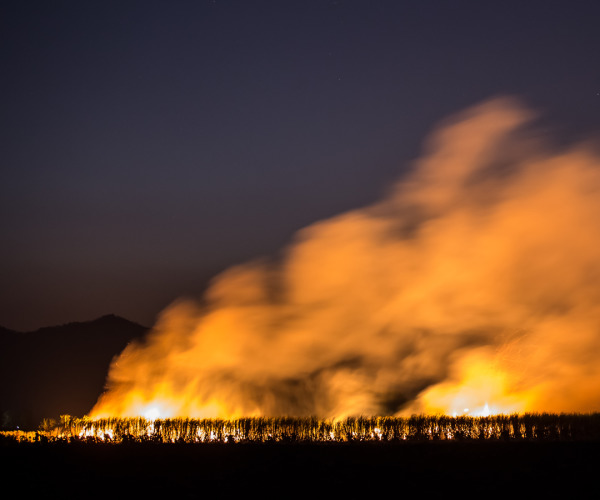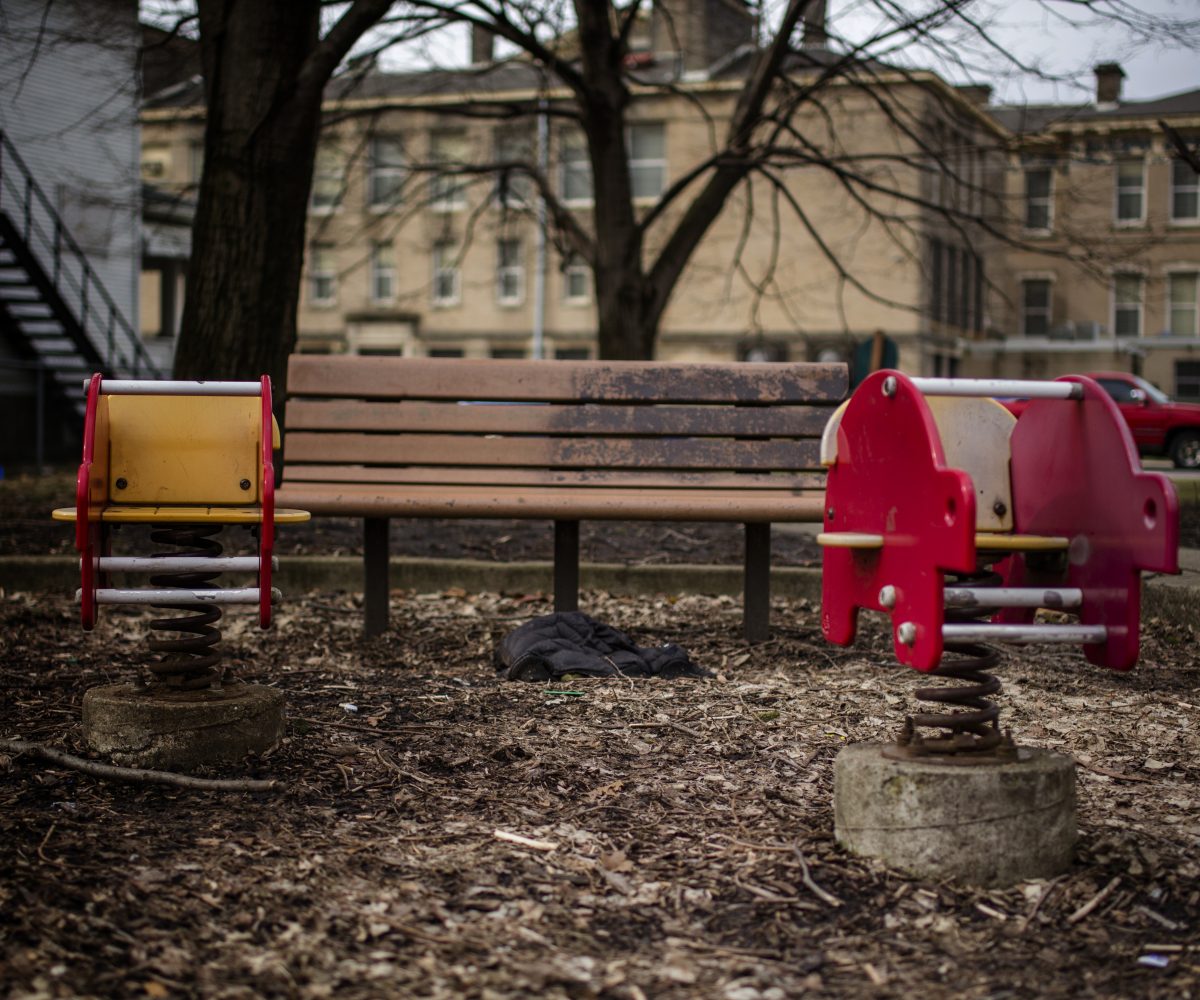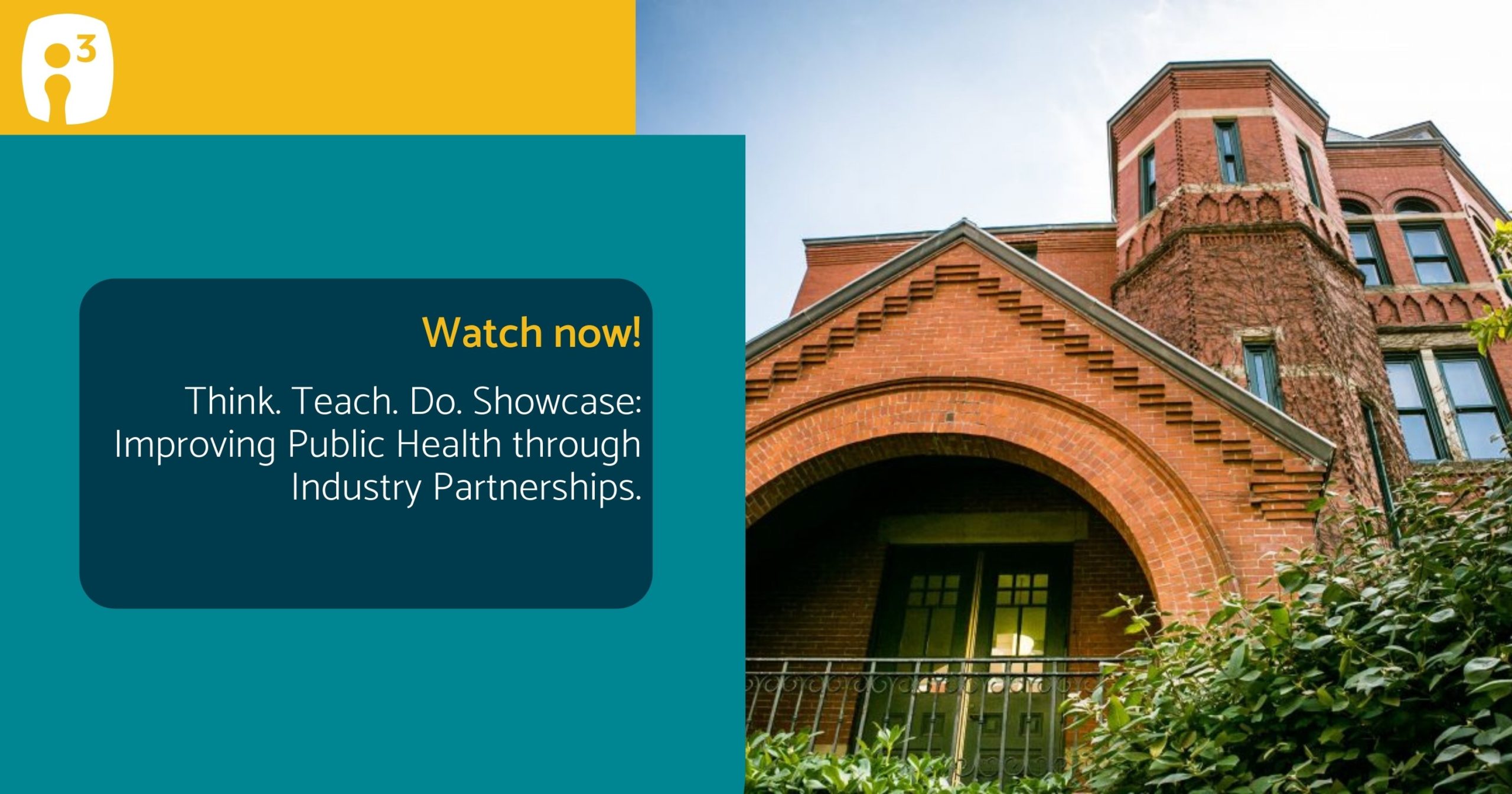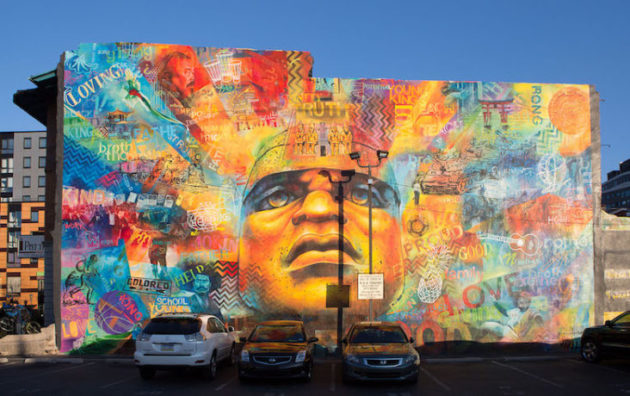Events
Learn more about the work being fostered through idea hub collaborations. Our events are open to all who want to explore how industry-university collaborations can accelerate population health improvements.
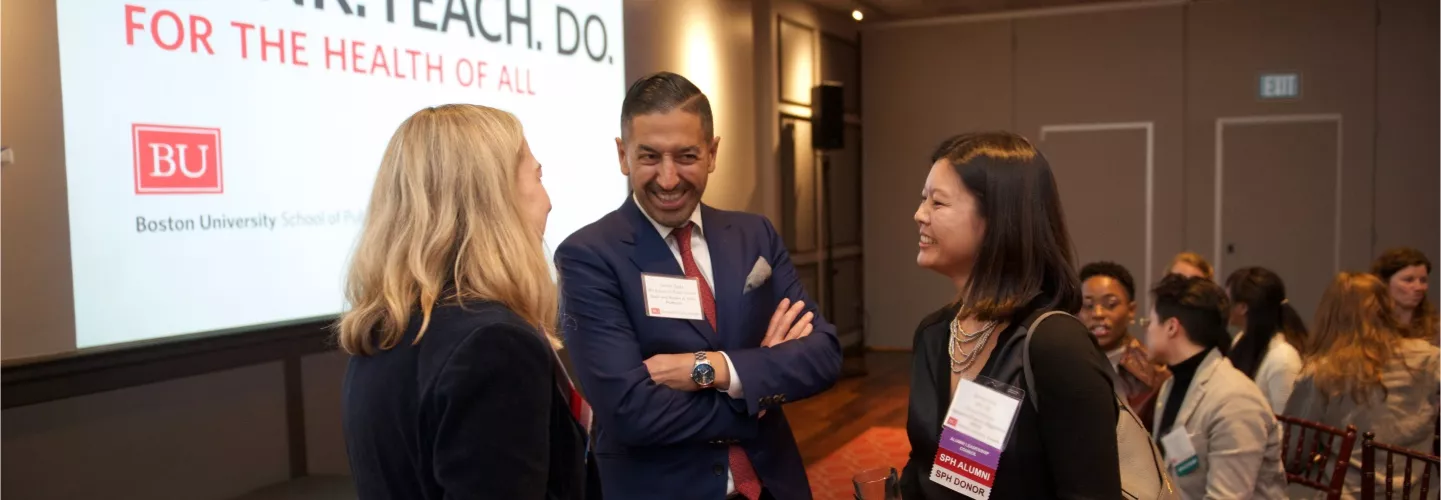
Upcoming events
Mental Health and Trauma: Context and consequences
02/14/2022 10:00 am – 2:45 pm VirtualThis program will examine trauma, post-traumatic stress disorder (PTSD), and their effect on our physical and mental health and how our social and economic context influences this relation. How do racial, social, and economic inequities influence the consequences of PTSD? And is our health care system equipped to address the societal burden of mental and physical health due to trauma?
- 10:30 a.m. – 12:00 p.m. ET: Session 1: The mental and physical health effects of trauma and PTSD
- 1:15 – 2:45 p.m. ET: Session 2: Placing trauma in a social determinants of health framework
Travel restrictions during pandemics: considerations and consequences
03/01/2022 1:00 pm – 2:30 pm VirtualCross-border travel bans have long been controversial in public health. While travel bans may help contain disease spread, there are also concerns that they may limit the availability of health workers where needed, and that they may encourage xenophobia. During the COVID-19 pandemic, travel bans were implemented widely by many countries (U.S. included), in an effort to contain the virus and control its spread. But how effective were they in suppressing the spread? Is it fair to look at the effectiveness of these bans without considering if they do more harm than good?
learn more about Travel restrictions during pandemics: considerations and consequencesClimate and Health: What can we do today?
03/18/2022 10:00 am – 1:00 pm VirtualRecent heat waves, wildfires, hurricanes, and other extreme weather events around the world underscore that climate change represents a clear and present danger. Communities everywhere need to better prepare for the extreme weather events we are experiencing today. But how does a community do this?
10:00 – 11:30 a.m. ET: SESSION 1: CLIMATE ACTION FOR EQUITABLE, HEALTHY, AND CLIMATE RESILIENT COMMUNITIES
12:00 p.m. – 1:00 p.m. ET: KEYNOTE
learn more about Climate and Health: What can we do today?
Preventing the next pandemic: Will we be prepared?
04/08/2022 10:30 am – 2:00 pm Virtual / In-personCOVID-19 has readily made the point that the era of infectious diseases is far from over. And there are good reasons to think that with increasing urbanization and climate change, more large outbreaks and pandemics are in store. As we move away from an emergency response to dealing with the lasting impacts of COVID-19, it is critical that we learn the lessons around what we did well and what we did poorly and develop clear plans for preventing, where possible, and mitigating the impact of, when not, any future pandemic.
10:30 a.m. – 12:00 p.m. ET: SESSION 1: COVID-19 IN HINDSIGHT: WHAT DID WE GET RIGHT AND WHAT DID WE GET WRONG?
12:30 – 2:00 p.m. ET: SESSION 2: HOW DO WE REDUCE THE RISK OF ANOTHER PANDEMIC, AND ALSO PREPARE FOR ANOTHER?
learn more about Preventing the next pandemic: Will we be prepared?The Next Normal: Children’s Health.
12/13/2022 4:30 pm – 5:45 pm VirtualThe COVID-19 pandemic drastically affected children’s lives, changing how they receive education and limiting their social development. How has the pandemic changed how we view children’s health, and how can we learn from the experience?
This program is a part of “The Next Normal” series, designed to take a moment to pause and ask, as we emerge from the pandemic, what we have learned and why, in order to promote the health of all, we cannot return to pre-pandemic normal.
learn more about The Next Normal: Children’s Health.Past events
Climate Change & Health: Understanding and Reducing Impacts
Continued climate change threatens nearly every aspect of the way we live, move, work, and play. Across the Boston University campus, researchers are working to better understand how climate hazards such as air pollution, heat, hurricanes, and wildfires are affecting our health. Our collective goal is to develop the evidence needed to foster communities that are healthier and more sustainable, equitable, and resilient in the face of a rapidly changing climate.
At this Research on Tap, attendees heard from BU experts across a range of disciplines working to understand and reduce the threat of climate change to human health.
Featuring: Greg Wellenius (host) | Dennis Carlberg | Patricia Fabian | Peter Garik | Joshua Goodman | Lucy Hutyra | Jon Jay | Arunima Krishna | Amruta Nori-Sarma | Pam Templer | Amelia Wesselink | Ian Sue Wing
learn more about Climate Change & Health: Understanding and Reducing ImpactsThink. Teach. Do. Showcase
The Think. Teach. Do. Showcase highlights innovative public health research by SPH faculty and students. These idea hub pilot projects and industry partnerships accelerate improvements in population health, for the health of all.
- Dr. Craig Ross, Executive Director of idea hub, examines the importance of public health on today’s economy
- Dr. Jaimie Gradus: Advancing public health approaches to the spectrum of stress
- Dr. Gregory Wellenius: Promoting healthy, equitable, & climate resilient communities
- Dr. Prasad Patil: The importance of replicable research in genomics
- Maria Tjilos: Amplifying young voices to transform the role of social media in public health messaging
- Dr. Megan Healey: Applications of molecular epidemiology for breast cancer screening
- Dr. Monica L. Wang: Academic-media collaborations to target pediatric diabetes in the clinical setting
- Dr. Paul Shafer: Mapping Social Determinants of Health in medical records
- Dr. Peter Rockers: The science of pharmaceutical industry-led access programs
This event was co-hosted by idea hub and the Dean’s Office.
learn more about Think. Teach. Do. ShowcaseComing Back Better: Building Healthy, Sustainable, and Resilient Cities post-COVID-19.
By 2050, 66 percent of the world’s population is expected to live in cities. This panel will explore how cities can be structured to support health and what we have learned about the future of urban living from the COVID-19 pandemic.
learn more about Coming Back Better: Building Healthy, Sustainable, and Resilient Cities post-COVID-19.Antiracism as Health Policy: Race, COVID-19, and Policy Reform.
This series examines the racial disparities in health brought vividly to public attention during the COVID-19 pandemic.
- Part 1 explores the importance of collecting and utilizing data on race to better understand the impact of the pandemic.
- Part 2 focuses on linking research to policy.
- Part 3 examines antiracist policy solutions that are informed by data.
Tackling Climate Change: Mitigation or Adaptation?
3/17/21
The global climate has changed profoundly over the last century and now threatens the health and wellbeing of families and communities around the world. With continued climate change we can expect to see more severe and more frequent extreme weather events such as heat waves, wildfires, hurricanes, and floods. The global community must move quickly to avoid the worst impacts of climate change, but there are multiple ways to do so with no clear “one size fits all” solution. This program will ask, should future efforts focus on facilitating large scale mitigation efforts, helping communities and individuals adapt to a changing climate, or do we simply need more research? This year’s Bicknell Lecture will highlight the threats to human health posed by climate change and host a vibrant dialogue with leading experts on how to most productively move forward to address this global challenge.
Speakers:
- Rachel Kyte, Dean, Fletcher School at Tufts University
- Marshall Shepherd, Georgia Athletic Association Distinguished Professor of Geography and Atmospheric Sciences, University of Georgia
- Anne Simpson, Managing Investment Director, Board Governance & Sustainability, CalPERS
- Madeleine Thomson, Director, Our Planet, Our Health program at Wellcome Trust
- Gregory Wellenius, Professor, Boston University School of Public Health
COVID-19 and Frontline Workers: Nurses, Doctors, and Essential Personnel
March 9, 2021
The COVID-19 pandemic changed how our world operates. Stores closed, employees set up make-shift home offices, and ‘Zoom’ entered our common daily vocabulary. While many of us worked from home, frontline workers remained at work and faced extraordinary workloads, aiming to protect our health. This program discussed the role of frontline workers in a crisis, and how we can were able to best support and sustain essential personnel during challenging times.
Cohosted with the idea hub and Lifelong Learning, including SHIELD, PHX, NEPHTC, and LPHI.
learn more about COVID-19 and Frontline Workers: Nurses, Doctors, and Essential PersonnelEpidemiology and Race: Why and How We Study Racial Health Disparities - in 3 Parts
February 25 & 26, 2021
Part 1: Why and how do we study race?
This series of panels examine how race and racial health disparities are studied in epidemiology. The first panel in our series explores the history of census data, how data on race are collected and studied, and the implications of how this data are used in population health science.
Featuring:
- Wayne Giles, Dean and Professor, University of Illinois at Chicago
- Chanelle Howe, Associate Professor, Brown University
- Sherman James, Susan B. King Distinguished Professor Emeritus of Public Policy, Duke Sanford School of Public Policy
- Jennifer Manly, Professor, Columbia University
- Jay Kaufman, President, Society for Epidemiologic Research
Part 2: Has epidemiology made a difference in race-related health disparities?
This panel asks if epidemiology has made a difference in race-related health disparities.
Featuring:
- Amani Allen, Professor, University of California, Berkeley, School of Public Health
- Ndidiamaka Amutah-Onukagha, Associate Professor, Tufts University School of Medicine
- Macarius Donneyong, Assistant Professor, The Ohio State University
- Joseph Graves, Professor, Joint School of Nanoscience and Nanoengineering
- Pat O’Campo, Professor, Dalla Lana School of Public Health
Part 3: What are the big unanswered questions with respect to race?
This panel asks what are the big unanswered questions for epidemiology with respect to race and how this can guide the future of the field.
Featured:
- Anjum Hajat, Assistant Professor, University of Washington School of Public Health
- John Jackson, Assistant Professor, Johns Hopkins Bloomberg School of Public Health
- Arjumand Siddiqi, Professor, Dalla Lana School of Public Health
- John Rich, Professor, Drexel University Dorsnife School of Public Health
- Martha Werler, Professor and Chair of Epidemiology, Boston University School of Public Health
Cohosted with the Society for Epidemiologic Research.
learn more about Epidemiology and Race: Why and How We Study Racial Health Disparities - in 3 Parts
$629 Band-Aids and $20,243 Bike Crashes: The High Prices of America’s Emergency Rooms.
February 10, 2021
Americans make more than 140 million trips to the emergency room each year, but usually don’t know the price until a bill shows up in the mail. New York Times journalist Sarah Kliff spent 18 months collecting thousands of emergency room bills, and made public the prices that hospitals try to keep secret. From $629 Band Aids to $5,571 charges for just sitting in a waiting room, Ms. Kliff will discuss what her reporting found, what it tells us about the American health care system, and the policy solutions Congress could use to fix it.
Featuring:
Sarah Kliff, Investigative Reporter, the New York Times
Wendy Mariner, Emeritus Professor, Boston University School of Public Health
Housing, Homelessness, and COVID-19 in Massachusetts
December 14, 2020
Safe, stable, and affordable housing is essential to health. Yet, since Governor Baker’s eviction and foreclosure moratorium expired in October 2020, individuals and families across Massachusetts are now facing the added threat of unstable housing and homelessness during the height of the pandemic. People experiencing homelessness are particularly vulnerable to the dangers of COVID-19, and many U.S. health and shelter systems are not equipped to meet their needs. A panel of housing and homelessness experts address the intersection of housing, racial justice, and health, and discuss ways to address inequities, including opportunities for health and human service organizations, policy, and activism.
learn more about Housing, Homelessness, and COVID-19 in MassachusettsPublic Health, Medicine, and Poverty
December 10, 2020
Poverty poses a serious threat to the health of the public, as those living in poverty are less likely to be able to access the conditions that promote health. These authors will discuss the intersections of health, medicine, and poverty, and how addressing the social factors that create health can lead to greater health for all.
learn more about Public Health, Medicine, and PovertyTaking Action for Health Equity: A Post-Election Analysis
November 22, 2020
In this post-election discussion, Rebekah Gewirtz, Executive Director of the National Association of Social Workers – MA Chapter, and Carlene Pavlos, Executive Director of the Massachusetts Public Health Association, will discuss their organizations’ priorities, policy agendas, and strategies, and provide analysis on how practitioners and leaders in social work and public health can identify opportunities and work toward positive change during the next administration. Hosted by the Center for Innovation in Social Work & Health at Boston University’s School of Social Work. Paul Farmer moderates.
learn more about Taking Action for Health Equity: A Post-Election AnalysisArts in Public Health: Pedagogy, Practice, Research, and Policy
November 12, 2020
Sandro Galea, Dean of the Boston University School of Public Health, Jill Sonke, director for the University of Florida’s Center for Arts in Medicine, and thought and program innovators from across the country in a mini-symposium to explore how the arts can be leveraged in public health practice to improve lives, and present programs at the cutting edge.
The symposium was be moderated by Ty Furman, Managing Director, BU Arts Initiative, and Jennifer Beard, Clinical Associate Professor, Global Health, Boston University School of Public Health.
learn more about Arts in Public Health: Pedagogy, Practice, Research, and PolicyWomen in Science. What is Still in the Way
November 2, 2020
In celebration of the publication of BUSPH Professor, Lisa Sullivan’s book, Biostatistics for Population Health, we hosted a conversation among distinguished women scientists, discussing their work, their first-hand experiences, and their challenges and accomplishments. The panelists offered guidance on the importance of mentoring, networking, and building professional relationships to support your career and other women in the field.
learn more about Women in Science. What is Still in the WayMental & Behavioral Health. Now is the time.
October 29th, 2020
Stress. Anxiety. Concern for the future.
The collective trauma of 2020 is affecting the mental health of millions of individuals. The faculty at BUSPH are conducting groundbreaking research to help us understand the mental health consequences of the COVID-19 moment, and how we can help.
We heard from our experts on three public health problems—suicide, substance use, and the mental health consequences of COVID-19—followed by Q&A and open discussion among panelists, alumni & friends.
learn more about Mental & Behavioral Health. Now is the time.Marching Toward Coverage: How Women Can Lead the Fight for Universal Healthcare
October 21, 2020
Author Rosemarie Day discusses her new book Marching Toward Coverage: How Women Can Lead the Fight for Universal Healthcare (Beacon Press, 2020). With 28 million Americans uninsured, and millions more who cannot afford their coverage, Day asks the fundamental question: Can we, as a nation, do better? Day believes we can and will—once women begin to engage collectively around this topic. This conversation, hosted by Professor Sarah Gordon, will focus on galvanizing women to take action to make healthcare a right in the US.
learn more about Marching Toward Coverage: How Women Can Lead the Fight for Universal HealthcareStrategic Communications: Engaging with Science Media
October 20, 2020
Interested in learning to communicate your expertise to journalists and other audiences? Join this interactive workshop facilitated by Meredith Drosback from SciLine, a program at the American Association for the Advancement of Science connecting US journalists to scientific experts for print, broadcast, and digital stories about science-related issues. Attendees will learn about SciLine and how to leverage its free service, techniques for conveying research in compelling ways, media interview best practices, and more. Please contact pr@bu.edu with questions.
learn more about Strategic Communications: Engaging with Science MediaCOVID-19 State of the Science
September 15, 2020
The seminar brought together experts to discuss the causes and consequences of this global pandemic, exploring what we know now, and what we still need to learn.
learn more about COVID-19 State of the ScienceMore from idea hub
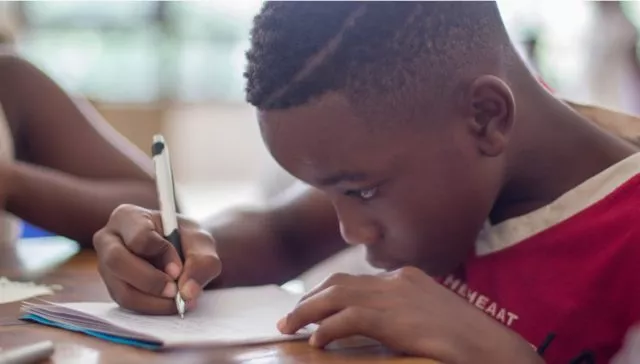
Annual expenses for young people with diabetes is over $1.8 billion. Dr. Wang uses mobile health interventions that enhance parent and child diabetes self-management to reduce this cost burden.
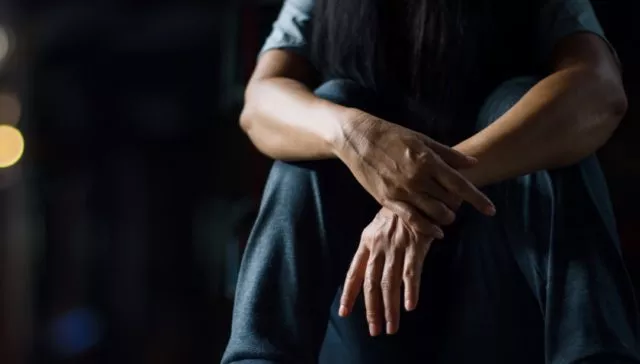
Post-traumatic stress disorder (PTSD) is a potentially chronic and debilitating condition associated with significant trauma such as injury and death, as well as disruptions in family, workplace, and social contexts.…
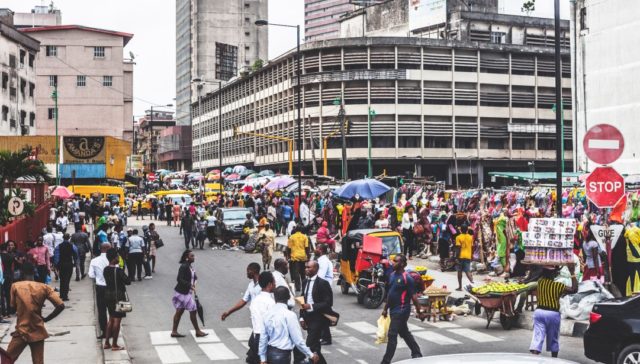
Africa is the fastest urbanizing region in the world. Population growth and reclassification of urban areas have driven urbanization over the last 30 years. The United Nations estimates that 56%…



